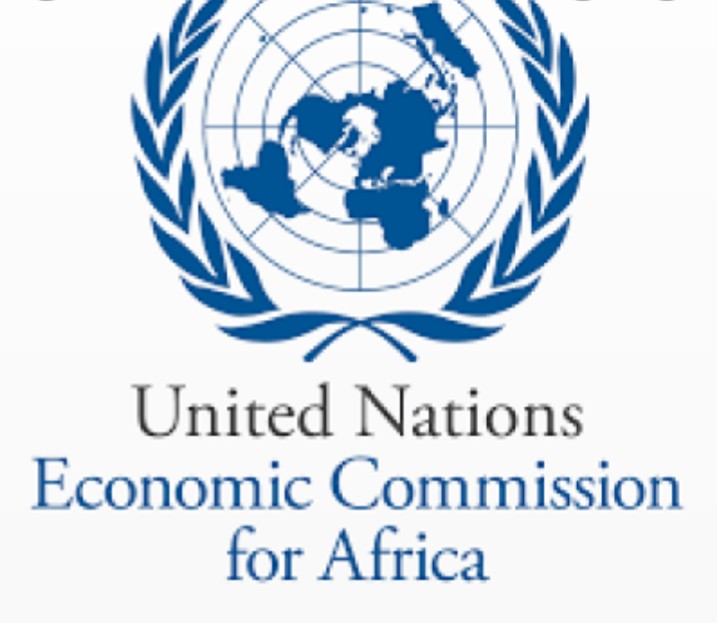|
Getting your Trinity Audio player ready…
|
The Sub-Regional Office for Southern Africa UN Economic Commission for Africa (ECA) supported a two-day workshop to work with Zimbabwean experts to develop an Action Plan on alignment and harmonization of regional and national frameworks on industrialization in Zimbabwe.
In a joint press release, the Ministry of Industry and Commerce (Zimbabwe) and the Sub-Regional Office for Southern Africa UN Economic Commission for Africa (ECA) said,” The action plan is being developed as part of support under the United Nations 12th Tranche project which aims to accelerate industrial development and economic integration in Southern Africa by enhancing the capacity of regional member States to develop and implement harmonized natural-resource based industrialization policies, frameworks and strategies.”
They indicated that it also seeks to anchor the development of action plans and the support to member States, SRO-SA commissioned an analytical study on Alignment and harmonization of regional and national frameworks on Industrialization, and National Domestication of Regional Strategies and Policies to support Industrial Development in Southern Africa, focusing on Malawi, Zambia and Zimbabwe.
Representing the Permanent Secretary as he officially opened the meeting, Director Industry Development in the Ministry of Industry and Commerce, Dayford. Nhema, underlined the need to revive the manufacturing sector in Zimbabwe.
Nhema highlighted that manufacturing used to be the leading sector in the economy in terms of contribution to GDP, formal employment and foreign exchange earnings through exports and noted its decline in recent years.
He observed that the Zimbabwe development agenda is guided by the National Development Strategy (2021-2025) whose key priorities include, “the development and strengthening of value chains and structural transformation”. This is complimented by the country’s National Industrial Development Policy.
ECA Sub-regional Office for Southern Africa was represented by the Officer In Charge and Chief of SubRegional Initiatives Section, Ms. Isatou Gaye who informed the meeting that the existence of Southern African Development Community (SADC) and the Common Market for Eastern and Southern Africa (COMESA) industrialization strategies to anchor industrial growth and diversification in the sub-region is important for supporting regional development.
“Both RECs have prioritized industrialization as a precursor to enhanced, diversified and transformed economies,” she said.
ECA Economic Affairs Officer, Oliver Maponga presented the overall objectives of the workshop which were to finalize and prioritize the recommendations of the study and develop an Implementation Plan with specific deliverables and nominated champions.
The experts specifically reviewed the recommendations from the study; assessed the proposed implementation framework for harmonization and domestication of regional strategies and policies to anchor industrial development; and proposed an Implementation Plan to address gaps identified in the study.
The group work, facilitated by Prof. Albert Makochekanwa, deliberated on five thematic areas in proposing a draft Implementation Plan. The broad challenges informing the development of the Plan are:
• Partial implementation of reviewed Industrialisation Oriented Policies and Strategies (IOPSs) and other supportive policy and legal frameworks;Limited information on value chains and the need to cooperate with key stakeholder and the need to carry out awareness raising and address infrastructural, institutional and financial constraints to add value and develop value chains, has resulted in weak cooperation among all key stakeholders.
• Weak collaborative working partnerships between government and relevant Non-State Actors stakeholders working on industrialisation;
• Reinforced Research, Development and Innovation, education and training, skills development, standards; and
• Mobilise funding to address industrialisation constraints, mainly at IOPSs formulation and implementation; industrial development and production; and infrastructural development.
Specific actions were elaborated under each of these thematic areas. The prioritized Implementation Plan will be finalized by the Ministry of Industry and Commerce in collaboration with the private sector and submitted to UNECA for support under the UNDA 12th Tranche project.
The workshop was attended by a diversity of national stakeholders including representatives of Government Ministries and parastatals, the private sector, academia and Civil Society Organisations.
